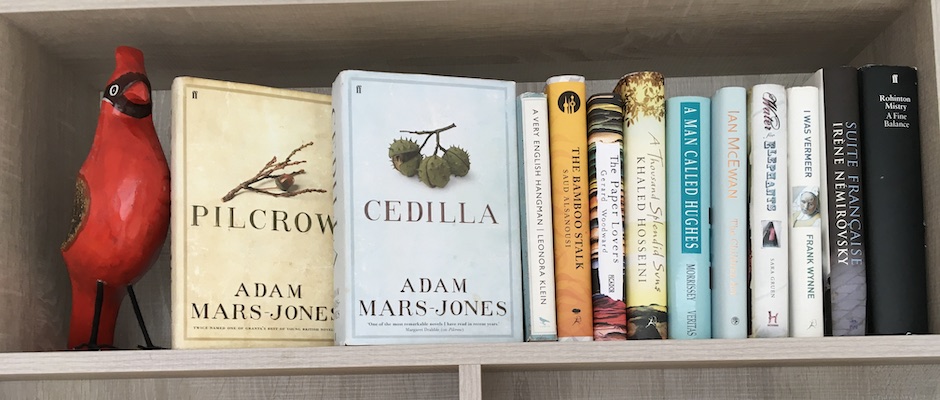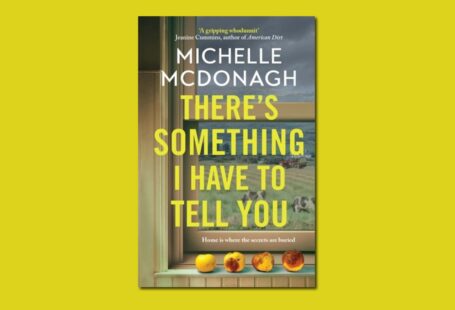
When I read a review of Adam Mars-Jones’s novel Pilcrow in 2008, I was determined to buy it even though it was a big, expensive hardback. When the sequel, Cedilla, arrived three years later, I bought that in hardback too. These two books form part of a trilogy, the third of which I await with huge interest (though I suspect I could be waiting for some time). Meanwhile they sit on my top shelf with all the other books I will never lend to anyone. Not that anyone has plucked up the nerve to ask!
If you only read the books that everyone else is reading,
you can only think what everyone else is thinking.
—Haruki Murakami
Pilcrow homes in on the life of John Cromer, a young boy in 1950s England whose world appears to become smaller and smaller while his gaze roams free outside the confines of his suburban home. Though physically challenged, Cromer becomes a larger than life character who says that he is “more like a specialised piece of punctuation, a cedilla, umlaut or pilcrow, hard to track down on the keyboard of a computer or typewriter: Pilcrow is the prettiest of the bunch, assessed purely as a word. And at least it stands on its own. It doesn’t perch or dangle. Pilcrow it is.”
Cedilla is equally absorbing, continuing to follow his story. He is now confined within an institution that claims to care for him and keep him safe – quelle horreur! But John Cromer is spirited and determined to experience the delights of a full and rich life to the very best of his ability. He is an irrepressible source of irritation of his minders, the key holders whose main objective is to keep him out of harm’s way.
Two books, two titles, one boy who grows into a young man full of character and personality, who refuses to allow his limitations limit him in any way at all. Two books I’ll never lend — just in case anyone’s asking.






Recent Comments